
The challenge for refugees
doesn't end when they
leave their homes behind,
but starts every day fighting
to reconstruct their life.
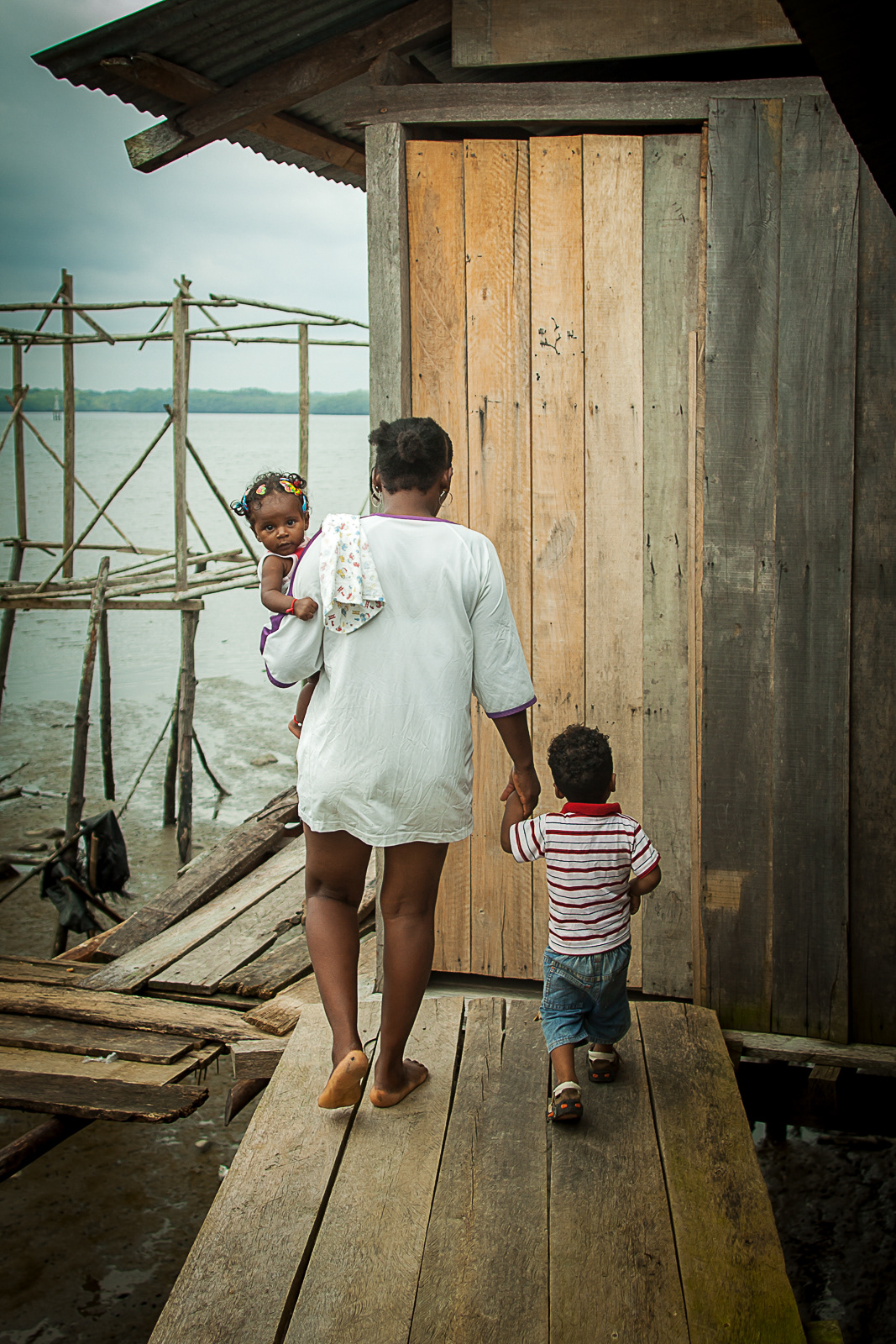
Displacement and integration
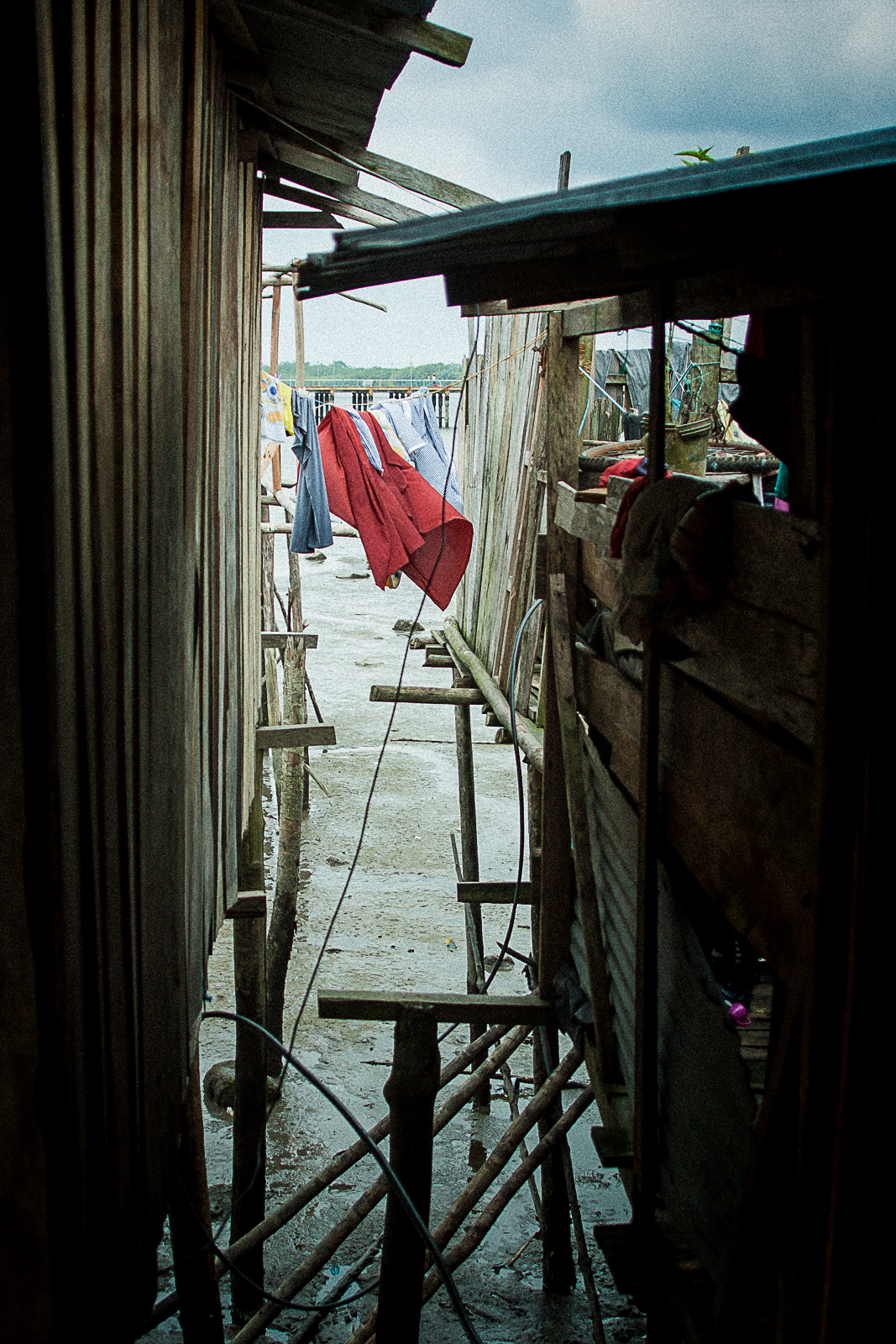









Colombia is one country where a long persisting conflict has led, during the last 50 years, to the persecution and displacement of over four million Colombians. Of this number, 500,000 persons crossed the borders to neighbouring countries such as Ecuador. These Colombian refugees have lost their home, livelihood and family and have experienced horrible things such as rape, hunger, extortion, killings and exploitation. Among them are also women, and as in many conflict situations, these women are affected differently by the conflict than men. Too often these situations not only aggravate the discrimination against women based on their gender, but also the physical violence.
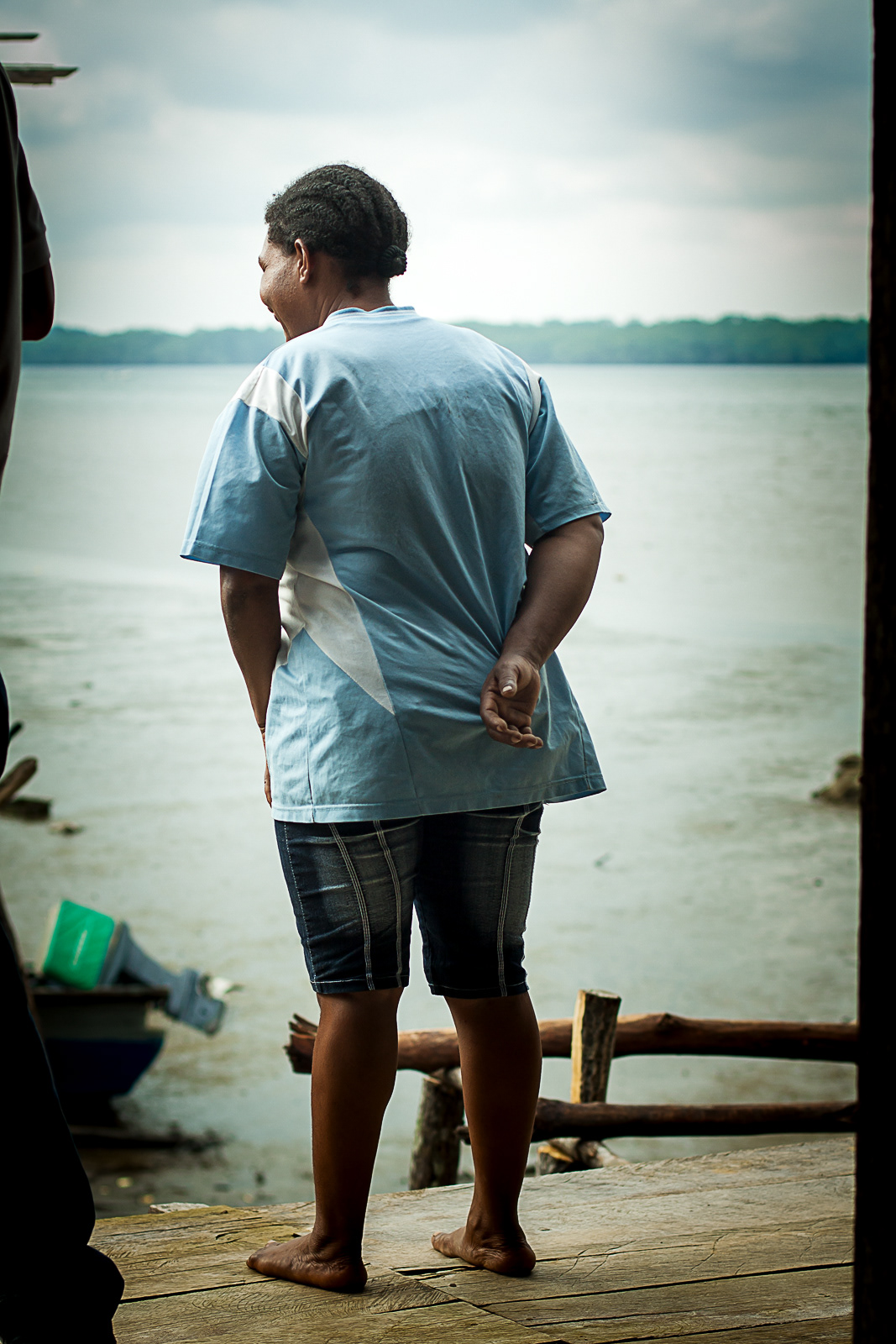














Unfortunately, in many cases the vulnerability of Colombian women does not end when fleeing to a neighbouring country such as Ecuador, but continues during processes of displacement and integration. Like other survivors of political violence in low-income settings, Colombian refugee women in Ecuador are not only faced with overwhelming psychological stress of past experiences, but also with poverty related pressures and risks on daily basis. Despite the fact that Ecuador's refugee protection system is considered one of the most progressive in Latin America, living conditions continue to be very challenging. Especially along the northern border security concerns for women are high and as the UNHCR does not have any refugee camps in Ecuador, fleeing Colombians must make it on their own, facing difficulties such as unemployment, unsafe housing and the lack of access to food, water and health care. Basic needs are even lacking for the majority of the local population and gender related homicide, kidnapping, human trafficking, sexual violence and (forced) prostitution is daily business.
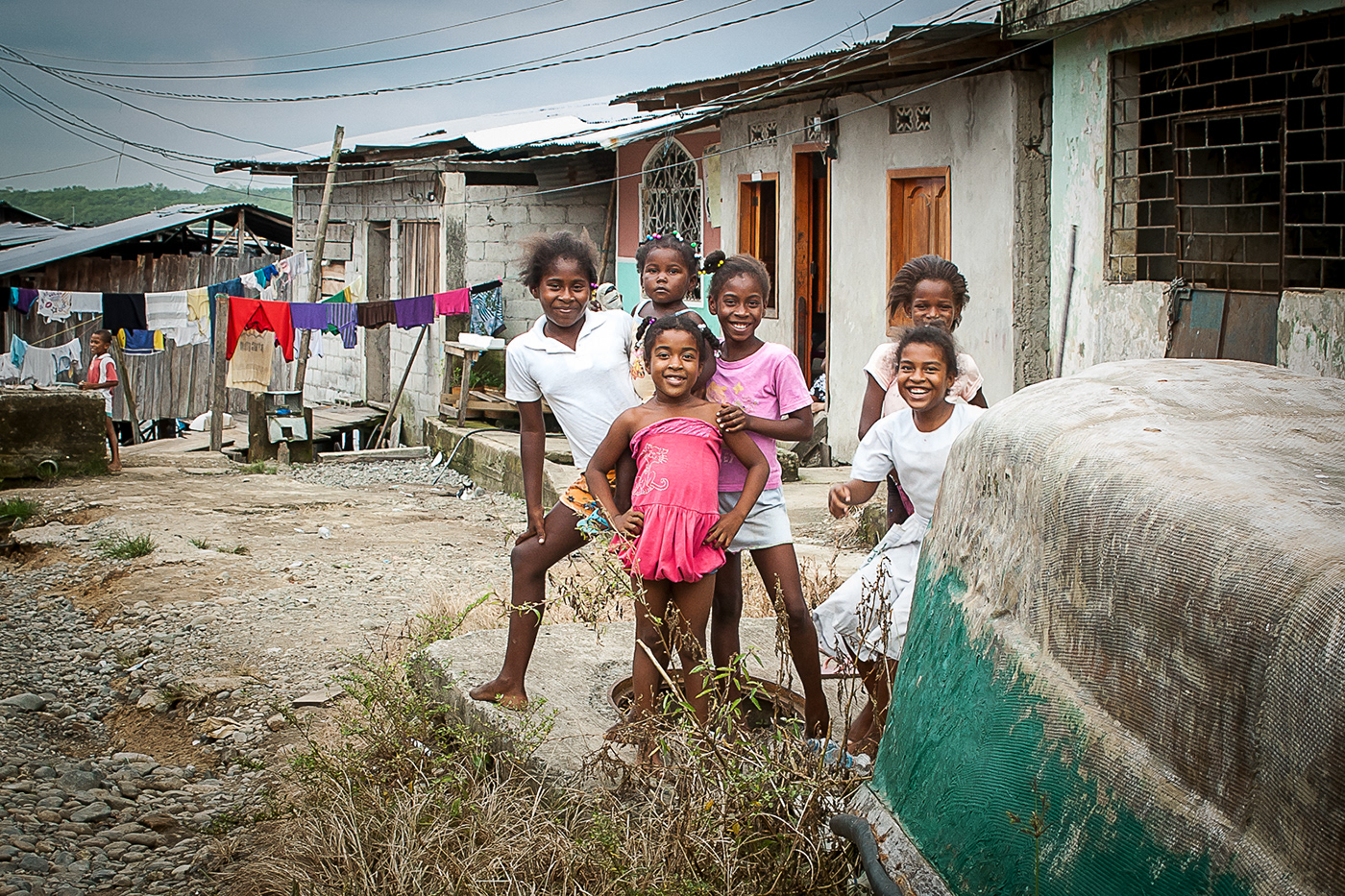
However, despite the distress as a consequence of adversity, refugee women continue fighting to build their lives, and many somehow succeed. This photo project aims to show how Colombian refugee women living in the north-eastern Ecuadorian Amazon are able to fulfil this immense task. Where do they get the strength from to go on despite past and ongoing adversity and an unknown future? Why do some succeed in rebuilding their lives and overcome risk behaviour while others fail? Whereas most refugee research and humanitarian programs focus only on the needs, obstacles and mental problems refugees face upon arrival in a new country, this photoproject wants to highlight the way refugee women manage to cope positively and what helps them to go on despite immense difficulties.
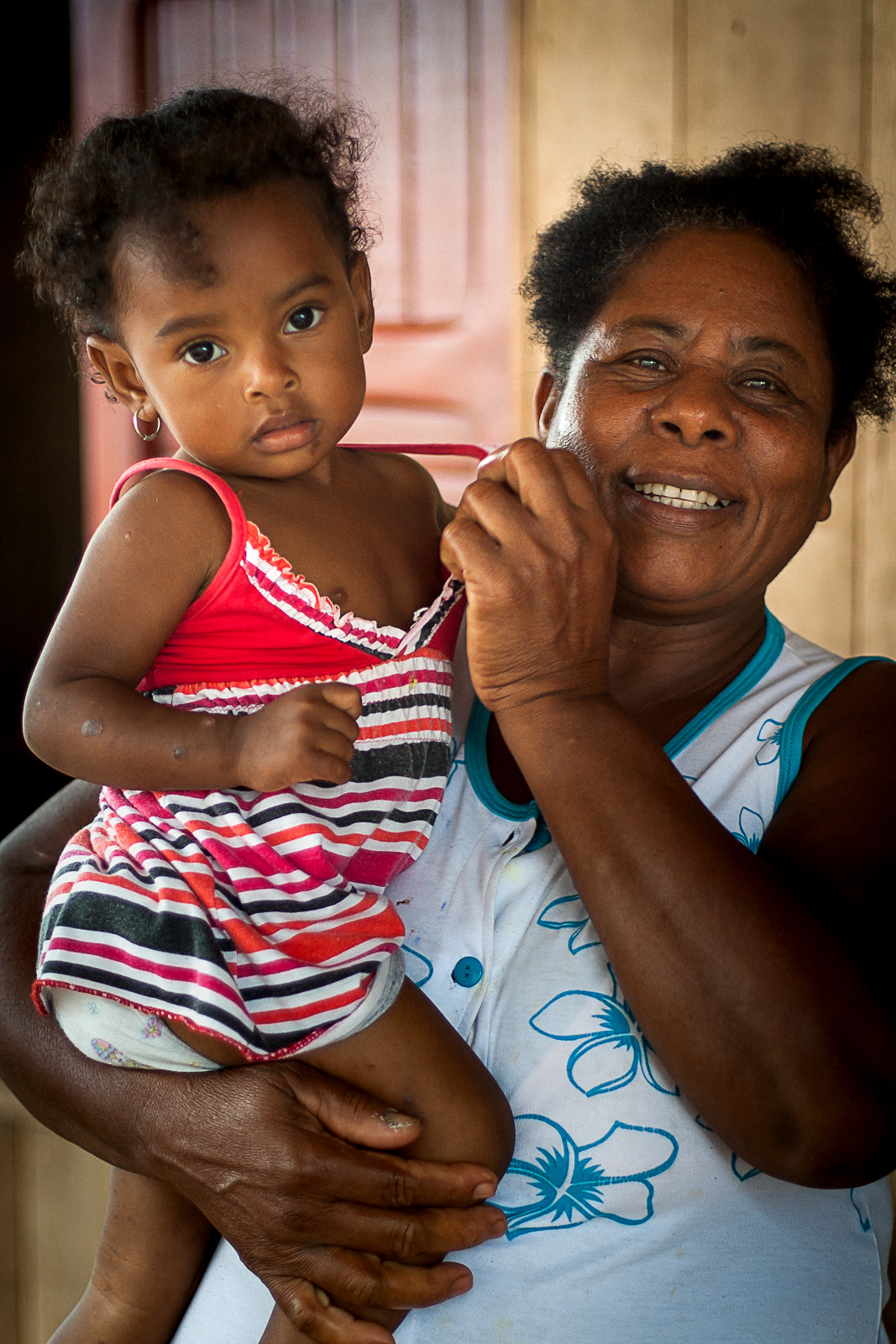








In 2010 I realised some pilot work on this topic in collaboration with the Jesuit Refugee Service Ecuador, but because of a lack of budget, I was not able to complete this project. However, in this short time I became fascinated by the way some refugee women had been able to readjust positively after traumatic experiences, mainly due to valuable personal resources. Their testimonies to the power of life to transcend unimaginably difficult circumstances formed an inexhaustible source of inspiration which I feel should be captured and shared with the outer world.
By focusing on positive and successful stories this projects aims to contribute to future humanitarian schemes and policies focusing on promoting solutions, strengths and hope rather than problems and negativity.




Thank you for watching!

